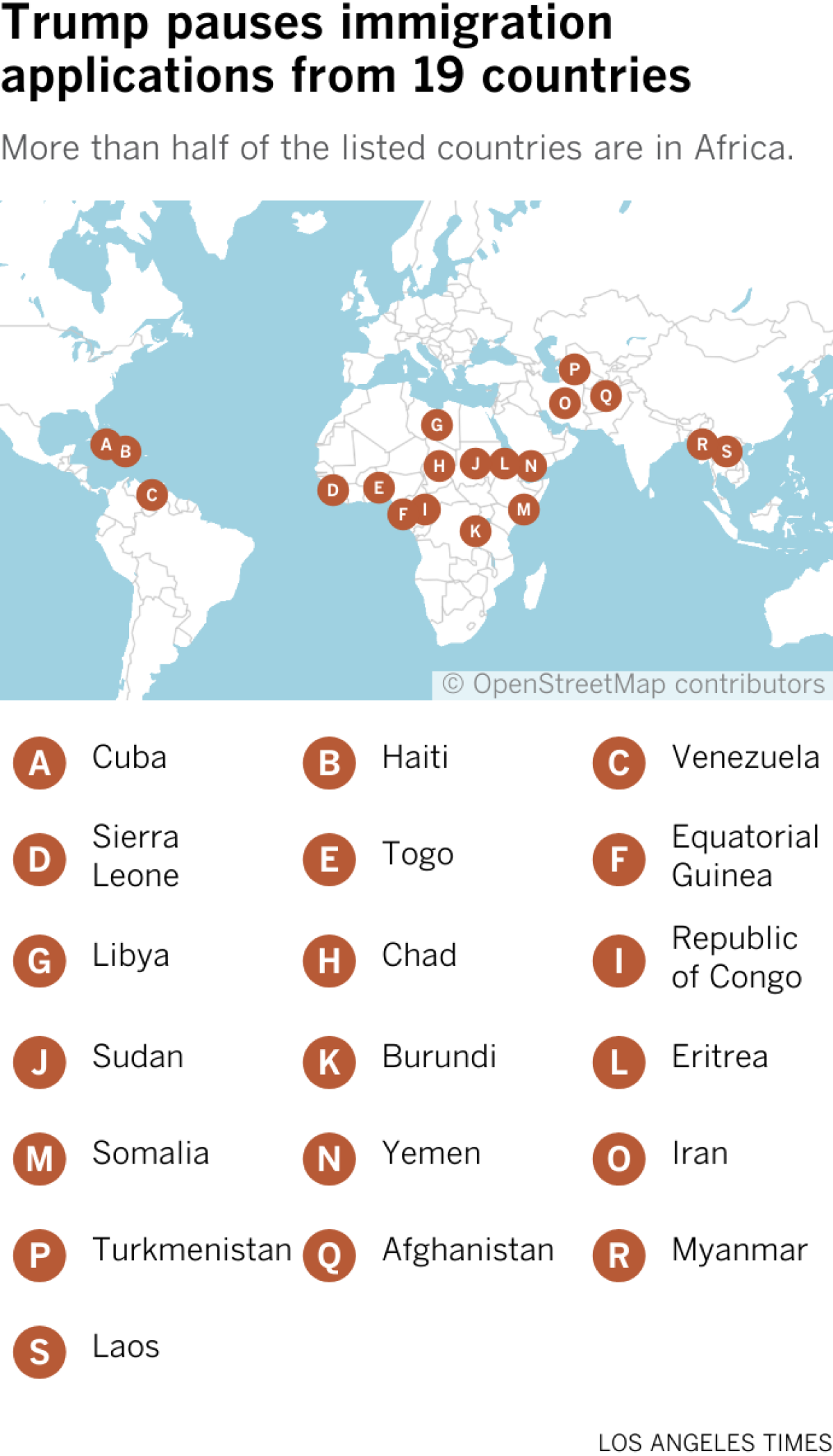LISBON (Reuters) – Portugal’s rightist Democratic Alliance (AD), which won Sunday’s election by a slim margin, hopes that its proposed tax cuts and wage hikes will be impossible for the far-right Chega party to reject, allowing it to govern without any deals with the populists.
Chega quadrupled its parliamentary seats to 48, coming in third after the AD and incumbent Socialists.
Chega leader Andre Ventura said the result meant Portugal wanted his party as part of an AD government, but the centre-right alliance has firmly rejected any formal agreements with Chega to govern.
“What we want to discuss is the 1.1 million citizens who voted for Chega… Let’s implement policies to regain the trust of these 1.1 million Portuguese who are unhappy,” Miguel Pinto Luz, Vice-President of the Social Democratic Party (PSD) that leads the AD, told Publico newspaper.
He said policies such as income tax reductions, higher pensions and wage hikes for police and teachers would be presented for all opposition parties to consider, including Chega, and see if they will have the courage to disappoint their voters and reject them.
Ventura said earlier this week that the AD “cannot ask us for stability by trampling on us” and warned he would not back the 2025 budget if there were no negotiations, and a government collapse would be the AD’s responsibility.
Failure to approve a budget has in the past habitually resulted in early elections.
Asked about Ventura’s remarks, PSD General Secretary Hugo Soares told Reuters on Wednesday that the party’s stance was unchanged after it said “a million times” there would be no parliamentary agreement with Chega.
If the Socialists and Chega were to team up to unseat the AD, which would mean reputational damage for both, “this would be a problem for the Portuguese who… do not want an election every six months”, he added.
Portugal has had two early elections in the past two years.
Throughout the election campaign, PSD and AD leader Luis Montenegro said his immediate priorities as premier would be an emergency plan to improve the health service and that he would seek to meet demands by police officers and teachers.
Filipe Garcia, head of Informacao de Mercados Financeiros consultants, said a 2023 budget surplus of around 1% that the AD would inherit from the Socialists should allow it to gradually implement those measures, without sacrificing its ability to govern or strain public finances.
Marina Costa Lobo, head of the Institute of Social Sciences, cautioned that piecemeal agreements gave no guarantee of stability while Chega’s behaviour was difficult to predict.
(Reporting by Catarina Demony and Sergio Goncalves; Additional reporting by Patricia Rua; Editing by Aislinn Laing, Andrei Khalip and Bill Berkrot)


